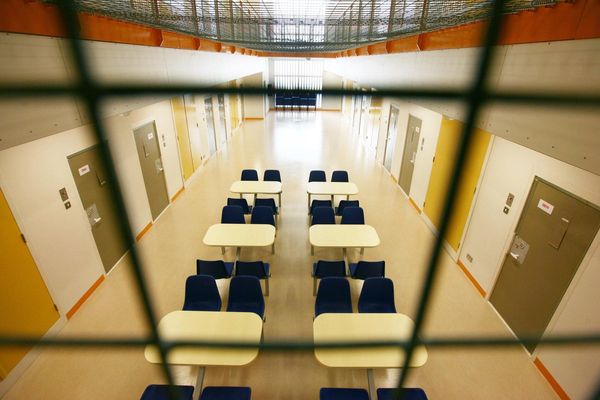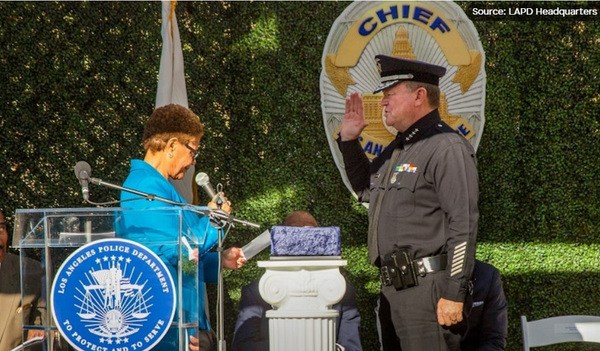
Almost a third of all hate-motivated crimes in New Zealand since January 2022 were directed at Asian people, according to the first figures of their kind recorded by police and released to the Guardian under freedom of information law.
While there is no specific hate crime offence in New Zealand, after the Islamophobic terrorist attack on two mosques in Christchurch in 2019 the police began collecting data on whether offending was hate-motivated, as perceived by officers, victims, or witnesses.
Asian and South Asian people were the targets of more than 2,000 of the almost 7,000 hate-driven crimes recorded since January 2022. These groups make up 15% of New Zealand’s population, but were represented in 41% of offences that targeted race or ethnicity specifically.
The staggering number “tracks with the experiences and stories I have been hearing across the country,” Meng Foon, New Zealand’s race relations commissioner, told the Guardian.
The figures show people of African and Middle Eastern ethnicities have been the targets of hundreds of hate-motivated crimes in that period at a rate vastly disproportionate to the size of their populations in New Zealand. Muslims and Jewish people were disproportionately targeted in attacks motivated by religion. LGBTQ people were also frequently targeted, with 561 offences directed at gay or lesbian people since January 2022.
The 2019 Christchurch massacre, in which 51 Muslim worshipers were killed when a white supremacist opened fire during Friday prayers, provoked calls for the government to formally recognise hate speech and hate crimes in New Zealand law — but proposals to do so have been controversial and the government’s political appetite for them has waned.
Four years after the attack, figures supplied by the police to the Guardian are the first to show the number of offences directed at specific groups.
Since records began in August 2019, nearly 14,000 (13,791) offences were flagged as being hate-motivated. Prejudice was most common in crimes that include threats or harassment, public order offences, or acts intending to cause injury. The total included six murders.
7% of incidents were reported as occurring online, but the most frequent locations were residential or public spaces, followed by retail and other commercial settings.
The reported incidents resulted in charges against 1,103 people, according to the police documents. There is no specific hate crime offence in New Zealand, however judges are allowed to take aggravating factors – such as racist motivations – into account at sentencing.
Advocates for some of the groups most targeted by hate urged the government to disclose the figures regularly and explain how they were informing decision-making.
“It’s not enough to just report the figures and leave it, it’s a question of what we’re going to do about it,” said Anjum Rahman, spokesperson for Inclusive Aotearoa Collective Tāhono and a longtime advocate for recording hate crimes. “This data coming from police should feed into social cohesion work, the national action plan against racism, and other work to address discrimination.”
The offices of New Zealand’s police and justice ministers, Ginny Andersen and Kiritapu Allan, did not respond to a request for an interview. The government earlier this year requested the Law Commission, an advisory body, devise recommendations for lawmakers about the creation of hate crime and hate speech laws.
Earlier government proposals did not include the creation of a hate crime offence, but would have expanded protections for marginalised groups in the Human Rights Act. Labour scrapped the plans and referred the matter to the Commission after the proposals became a lightning rod for controversy.
Advocates said police data-gathering appeared to have improved significantly – in 2020, the agency said 43% of hate-motivated offences had mistakenly not been recorded as crimes – but that their information still had limits.
For example, hate crime against Muslims was “hugely” underreported, in part because of language barriers and fear of the authorities, said Aliya Danzeisen, the president of the Islamic Women’s Council of New Zealand. She urged “full and open” reporting of hate crime data in the form of a publicly available register.
“Only the authorities are seeing it and they’re making decisions without communities, when our communities are the ones with the solutions to get in front of it,” she said.
Categories have been created to capture hate-motivated offending that is not directed at a specific group, and the figures include more than 1,000 racist offences that could not be tied to a particular targeted ethnicity - including 568 against people of colour, and 76 driven by white supremacy.
Rawiri Taonui, a researcher with expertise in hate crimes, said the number of offences against Māori, Pacific and Middle Eastern people did not yet reflect the real picture.
“That probably has to do with the fact that those groups would have a greater reluctance to engage with the police because of their perceived history of their treatment by the police,” he said.
Dr Taonui said the figures were a good start. But he urged the government to commission cross-population surveys to quantify everyday incidents of prejudice and hate that did not rise to the level of a criminal report.







